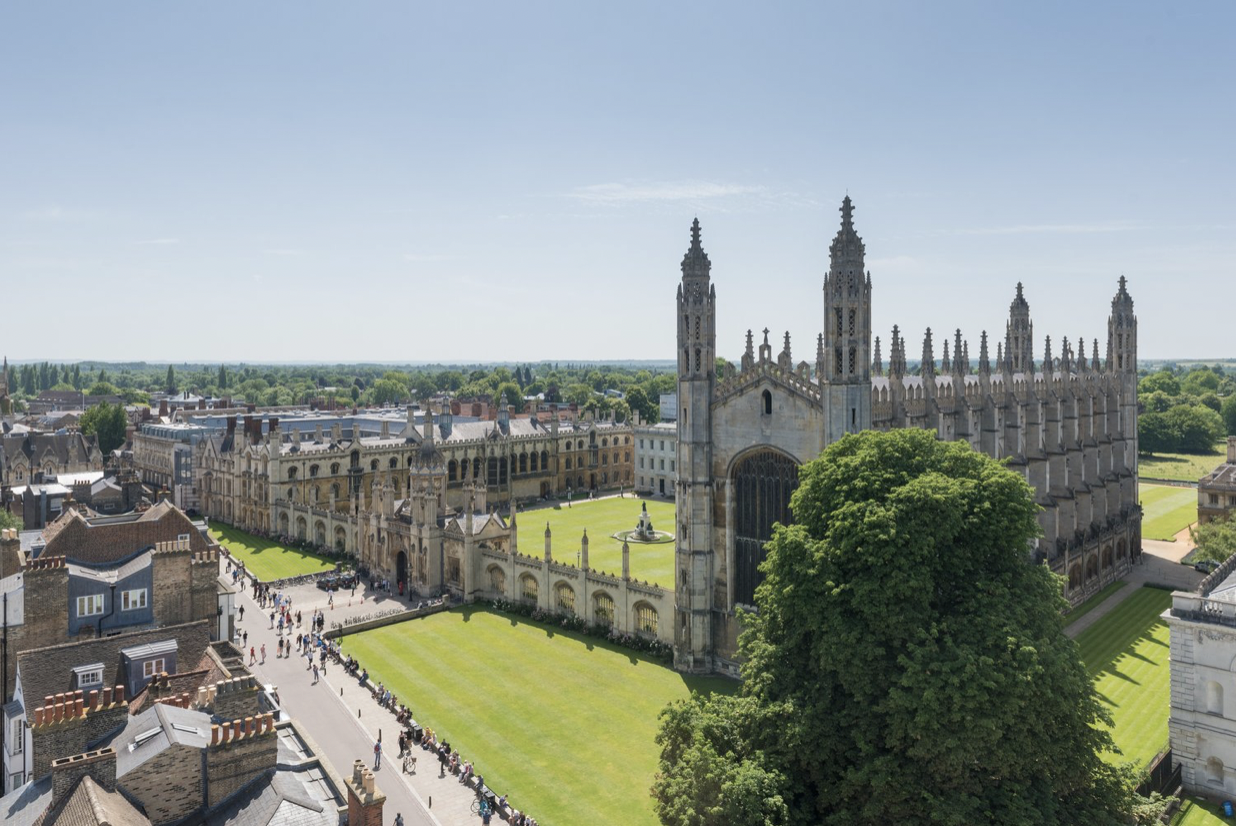Symposium 1: Whats ‘New’ about New Materialism? Reimagining Possibilities for a Participatory Higher Education
Workshop 3: Writing in Community: Love and Desire as Pedagogic Practice
About this Event
What’s New in New Materialism for Education
Convener: Annouchka Bayley
Discussants: Giri Singh, Linh Nguyen, Yuhan Zhang, Sarah Sharp
Authors: Giri Singh, Linh Nguyen, Yuhan Zhang, Sarah Sharp
Scheduled: Monday 8th, 10:30 – 12:00 BST
This symposium will engage with what’s ‘new’ in new materialisms for Education. Presenting and experimenting with entangled practices of affective resonance for a new pedagogic approach to problematics of ‘inclusion’ in HE; rebellious writing, indigenity and decolonial academia; rethinking natureculture divides for epistemic change in environmental education, and new roles for materiality in design schools, the speakers invite the audience to think together with them to imagine new possibilities for an HE grappling with issues of remaining relevant and responsive to complexity in a changing 21st century.
Writing in Community: Love and Desire as Pedagogic Practice
Linh Nguyen, University of Cambridge
Scheduled: Monday 8th, 13:30 – 15:00 BST
The traditional western creative writing classroom follows a workshop format that alienates writers of colour, gesturing to the need for radically inclusive practices that shift dynamics of privilege and marginalization (Chavez, 2021). My research engages with anti-racist and decolonial methods to propose accessible ways of supporting diverse student writers who are historically excluded from institutions of learning. This workshop provides examples of pedagogic practices that treat art as process instead of product, with activities that rely on movement, pleasure, and honouring what surfaces unplanned (brown, 2017). Rather than using verbal prompts, I guide participants through exercises like map-making, list-building, and sketching feelings. These methods provoke attention to emergence, holding emotions, and embracing love and desire as ways of making knowledge in community (Lorde, 2018). In refusing to teach writing as a skill of grammar or diction (Strunk & White, 1999), I reject a Cartesian mind/body split in favour of embodied pedagogy. With these practices, students can approach creativity on their own terms, with intentions that differ from those outlined by institutions of learning; participatory methods allow students to be co-constructors of their arts education and learning communities. I build on my experience in arts facilitation and adapt successful practices derived from physical theatre (Lecoq et al., 2019), feminist studies (hooks, 2014 and Lorde, 2018), and emergence (brown, 2017). My workshop will be of interest to educators and students interested in how pedagogies from non-western and anti-imperialist communities can dismantle dominant learning traditions within education.
PSN Presents:Expanding research on possibility
The 4th International Conference of Possibility Studies will be held in person at the University of Cambridge and have the theme Expanding Conceptions for Research on Possibility.
This edition is organized by the Faculty of Education at the University of Cambridge under the auspices of the Possibility Studies Network.
The conference brings together scholars, researchers, and practitioners from around the world and from across disciplines with an interest in the diverse methods associated with understanding, studying, and fostering the possible within minds, communities, and cultures.

